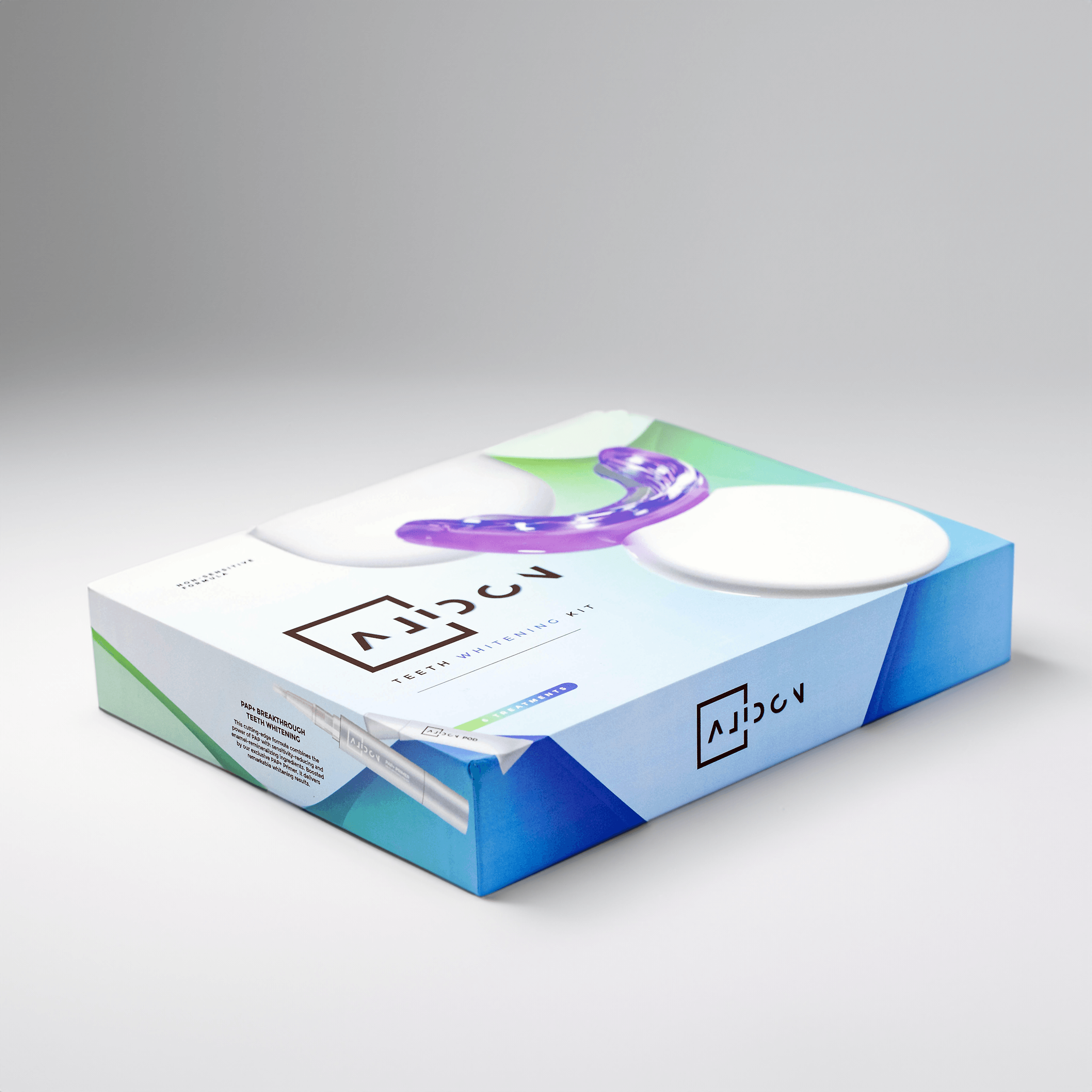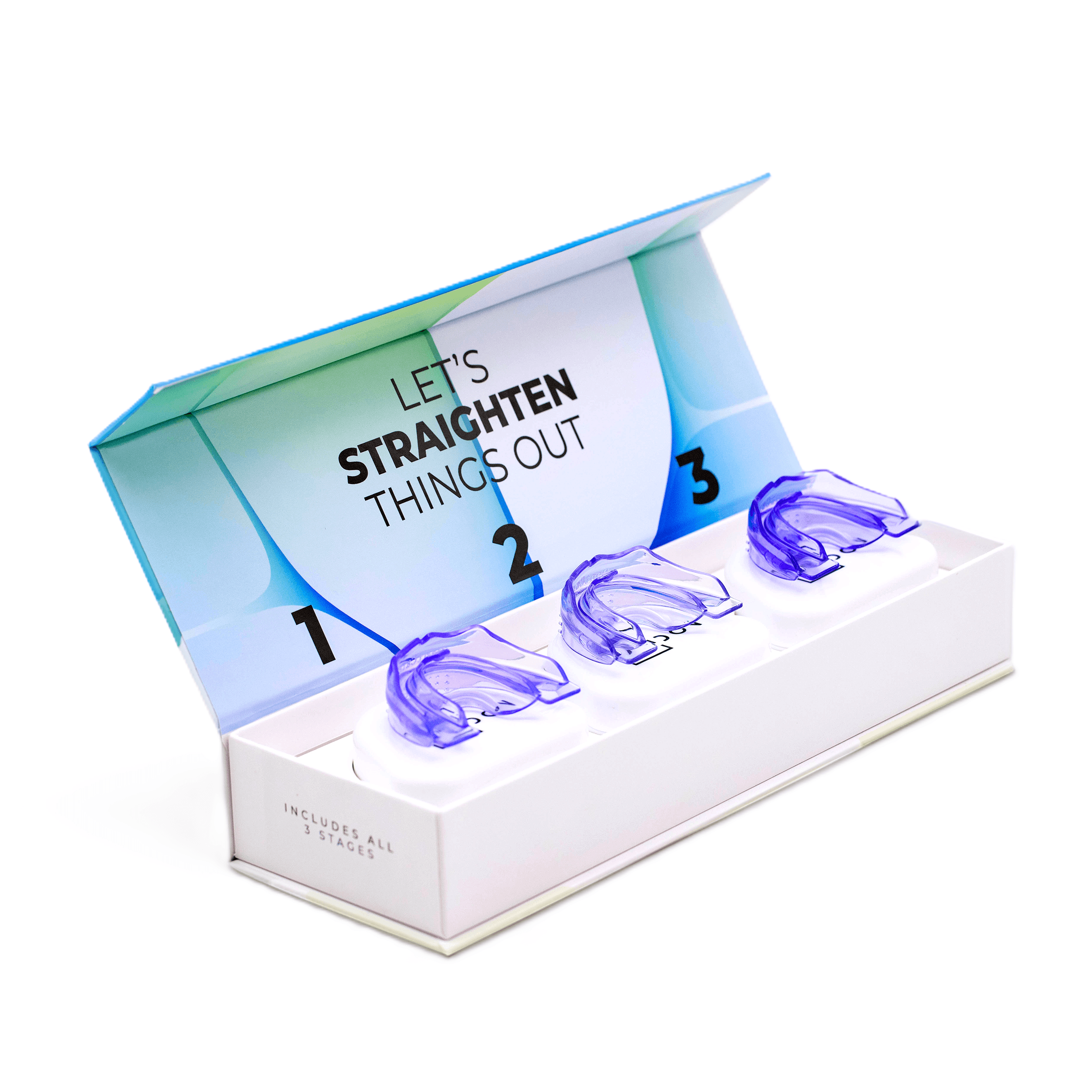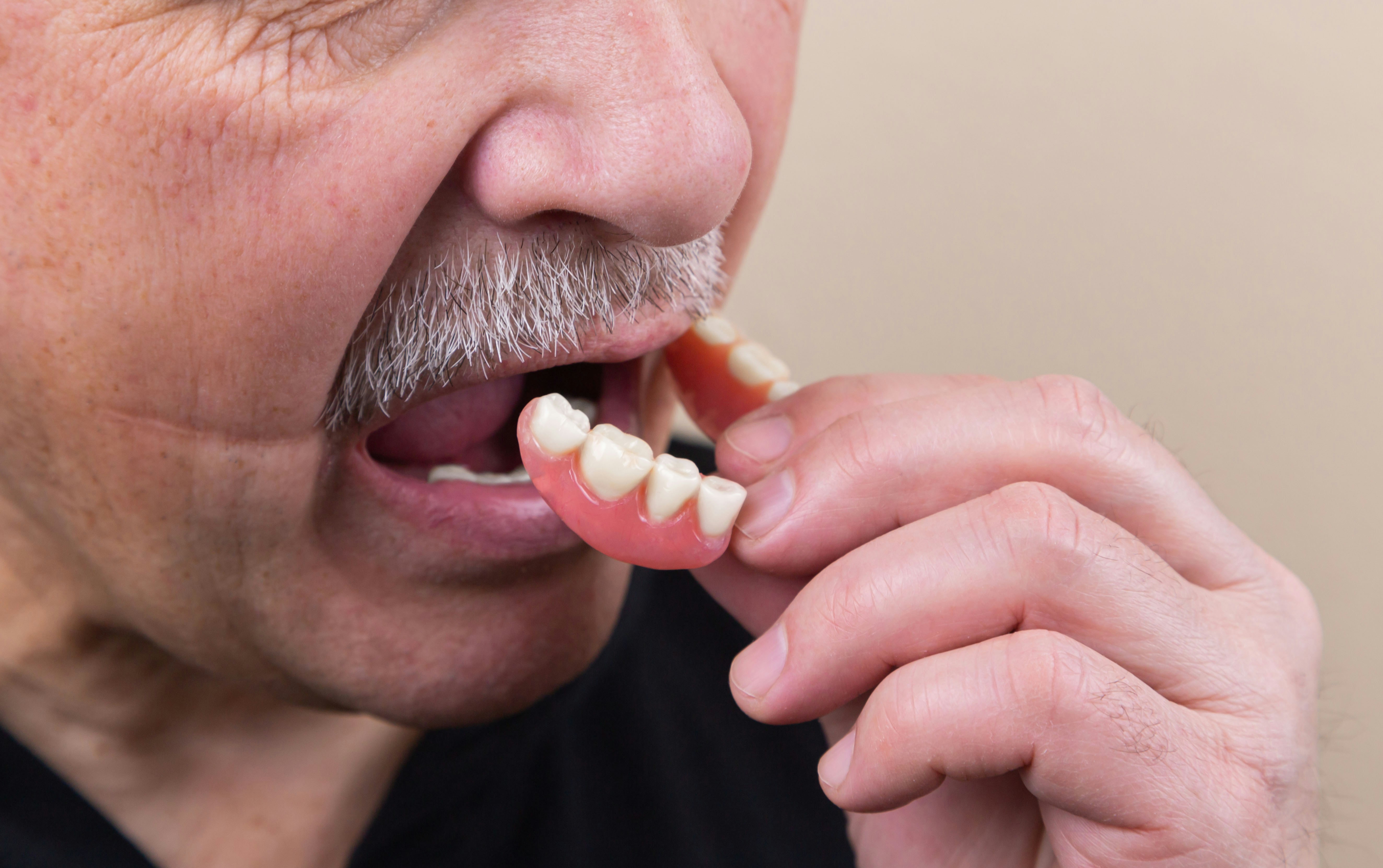Unlocking the Secrets of a Sparkling Smile: A Look at Professional Teeth Cleaning
Have you ever wondered what goes on behind the scenes during a professional teeth cleaning? It’s more than just a quick brush and floss! It’s a meticulous process designed to remove plaque, tartar, and stains, leaving you with a brighter, healthier smile. Let’s take a closer look at the steps involved in a professional teeth cleaning and why it's so important for your oral health.
The Importance of Professional Teeth Cleaning
A professional teeth cleaning is more than just a cosmetic procedure. It’s a crucial part of maintaining good oral health. Here’s why:
- Plaque and Tartar Removal: Plaque is a sticky film that forms on your teeth constantly. If not removed, it hardens into tartar, which can only be removed by a dental professional. Tartar can irritate gums, leading to gum disease.
- Gum Health: Professional cleanings help prevent gum disease by removing calculus (tartar) and plaque.
- Early Detection of Problems: During your cleaning, your dental hygienist can spot early signs of cavities, gum disease, or other dental problems.
- Tooth Sensitivity: If you experience tooth sensitivity, a professional cleaning can help remove plaque and tartar that may be contributing to this discomfort.
The Steps Involved in a Professional Teeth Cleaning
A professional teeth cleaning typically involves these steps:
- Exam: Your dental hygienist will examine your teeth and gums to assess your overall oral health.
- Scaling: This is the process of removing plaque and tartar from your teeth. It’s done using an ultrasonic scaler, a tool that uses vibrations and water to break down the buildup.
- Root Planing: If you have gum disease, your hygienist may also perform root planing, which involves smoothing the root surfaces to help prevent further plaque and tartar buildup.
- Polishing: After scaling, your teeth will be polished to remove surface stains and smooth out any rough spots.
- Flossing: Your hygienist will floss your teeth to remove plaque and debris from between your teeth.
- Fluoride Treatment: Fluoride is a mineral that helps strengthen tooth enamel and prevent cavities.
Maintaining a Sparkling Smile: Beyond the Cleaning
While professional cleanings are essential, maintaining a sparkling smile requires a consistent effort. Here are some tips to keep your teeth healthy between cleanings:
- Brush Regularly: Brush your teeth at least twice a day, using a soft-bristled toothbrush and fluoride toothpaste.
- Floss Daily: Flossing removes plaque and food particles from between your teeth, which brushing alone can't reach.
- Use Mouthwash: Mouthwash can help kill bacteria and freshen your breath.
- Limit Sugary Drinks: Sugary drinks can contribute to tooth decay, so it's best to limit your intake.
- See Your Dentist Regularly: Schedule regular checkups and cleanings with your dentist to ensure your oral health is in tip-top shape.
Alidon: Your Partner in a Brighter Smile
Sometimes, a professional cleaning isn’t enough to achieve the smile you desire. If you're looking to enhance your smile with Alidon Teeth Whitening Kit or Alidon Teeth Transformation Kit, Alidon can help! These products are designed to help you achieve a brighter, straighter smile from the comfort of your own home.
Alidon products are meticulously vetted, tested, and approved, ensuring you receive a safe and effective solution for a more confident smile.
FAQ
What are some signs that I need a professional teeth cleaning?
If you notice any of the following, it's time to schedule a cleaning:
- Bleeding gums: This can be a sign of gum disease.
- Bad breath: This can be a sign of plaque and tartar buildup.
- Yellow or brown stains: These can be a sign of plaque buildup or staining from food and drinks.
- Loose teeth: This can be a sign of advanced gum disease.
How often should I get a professional teeth cleaning?
Most dentists recommend getting a professional teeth cleaning every 6 months. However, your dentist may recommend more frequent cleanings depending on your individual needs.
What should I do if I have sensitive teeth?
If you have sensitive teeth, talk to your dentist about your options. They may recommend a special toothpaste for sensitive teeth or a fluoride treatment.








